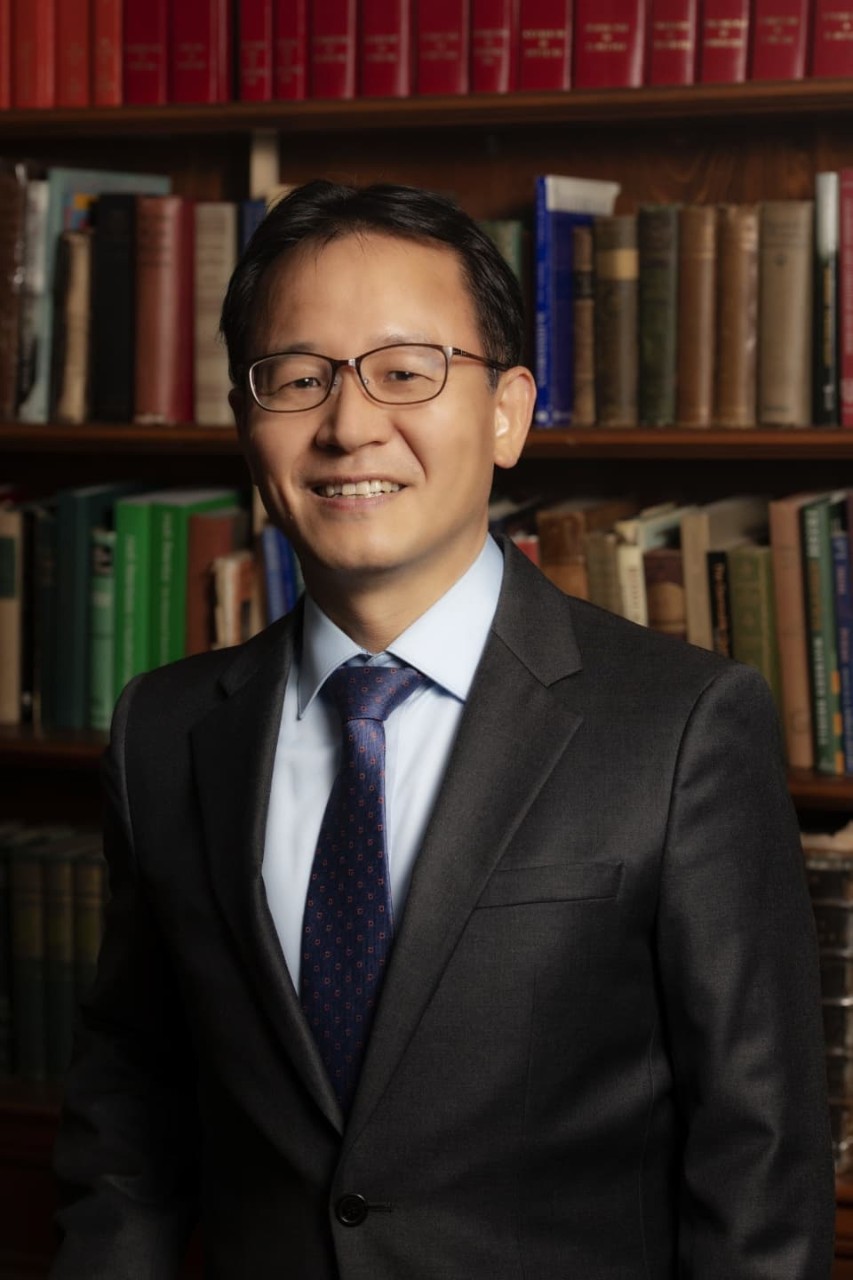

Associate Professor of the Practice

Connolly House 210
300 Hammond Street
Chestnut Hill, MA 02467
Telephone: 617-552-1958
Email: ingu.hwang@bc.edu
Divided Korea (INTL/HIST 4804)
Development and Social Justice in Korea (INTL/HIST/ECON 2875)
Colonial Korea and its Legacies (INTL/HIST 2854)
Human Rights in East Asia (INTL 2860/HIST 2855)
Korean War: Conflicts, Security, and Peace (INTL 3530/HIST 4021)
Modern Korean history and politics; Cold War East Asian diplomacy; the history of human rights/humanitarianism
Ingu Hwang is an Associate Professor of the Practice in the International Studies Program, and a faculty board member of the Asian Studies Program. His research and teaching focus on modern Korean history and politics, Cold War East Asian diplomacy, and the history of human rights/humanitarianism. He teaches interdisciplinary courses that examine Korean and East Asian history from a global perspective.
Hwang's first book, Transnational Democratization: Human Rights in South Korea and US Cold War Policy (University of Pennsylvania Press, Human Rights Series). was published in March 2022. This book, developed from his dissertation, is the first monograph to address the role of South Korean pro-democracy actors in (re)shaping the global history of human rights activism and politics in the 1970s. It shows how local prodemocracy activists pragmatically engaged with global advocacy groups, especially Amnesty International and the World Council of Churches, to maximize their socioeconomic and political struggles against the backdrop of South Korea’s authoritarian industrialization and US hegemony in East Asia. It details how local prodemocracy protesters were able to translate their sufferings and causes into international human rights claims that highlighted how US Cold War geopolitics impeded democratization in South Korea. In tracing the increasing coalitional ties between local prodemocracy protests and transnational human rights activism, the book also calls attention to the parallel development of counteraction human rights policies by the South Korean regime and US administrations. Thus, this book argues that local disputes over democratization in South Korea became transnational contestations on human rights through the development of trans–Pacific human rights politics. This book project was awarded the 2020 publication grant from the Academy of Korean Studies.
In keeping with the university’s mission of promoting academic and cultural diversity, Prof. Hwang also teaches a summer introductory immersion course in Seoul, South Korea.